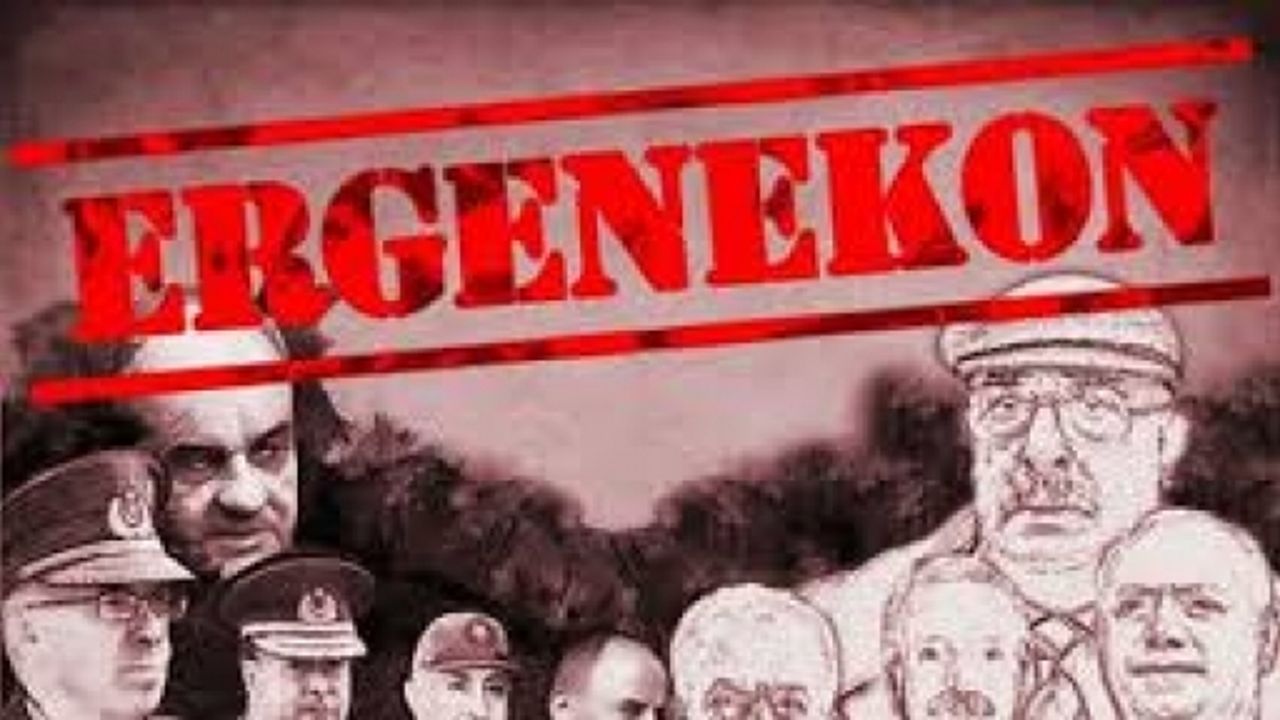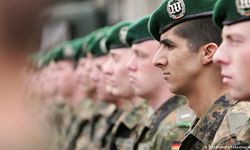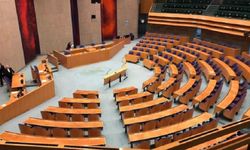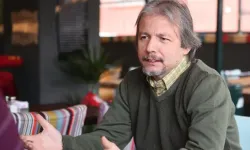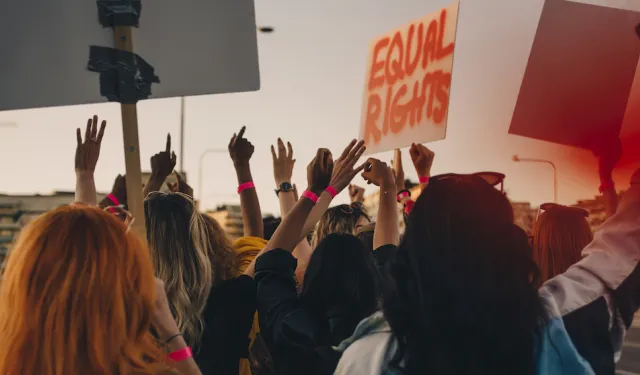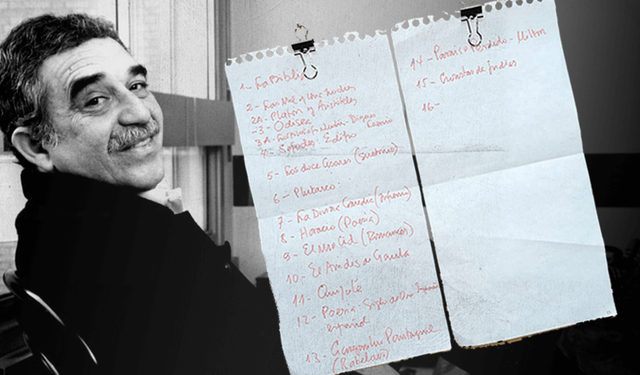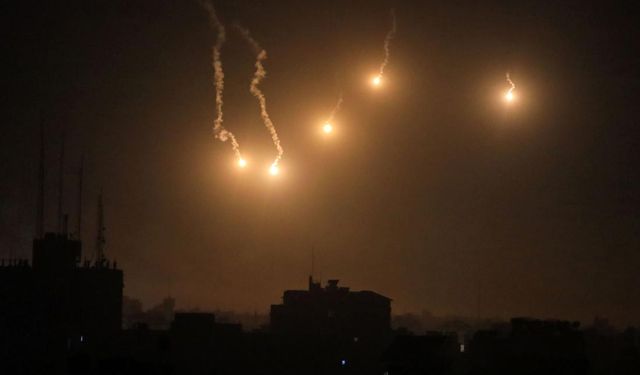The court handed down a double aggravated life sentence to Turkish Council of State attacker Alparslan Arslan.
Journalist Tuncay Özkan, retired general Veli Küçük and lawyer Kemal Kerinçsiz were sentenced to aggravated life sentences, while Workers' Party leader Doğu Perinçek received 117 years in prison.
Retired colonel Fikri Karadağ and retired general Hasan Ataman Yıldırım also received aggravated life sentences.
Retired General Hurşit Tolon was also sentenced to life in prison.
The court handed down life sentences to the retired generals Hasan Iğsız and Nusret Taşdelen, as well as retired colonel Fuat Selvi.
Republican People's Party (CHP) Deputy Mehmet Haberal was sentenced to 12 years and six months in prison while another CHP deputy, Mustafa Balbay, was sentenced to 34 years and eight months in prison.
CHP Deputy and former Ankara Chamber of Commerce Chairman Sinan Aygün was handed 13 years and six months in prison.
Retired colonel Arif Doğan was also sentenced to 47 years. Both Veli Küçük and Arif Doğan were accused of founding and leading a terrorist organization and trying to overthrow the government.
The court sentenced lieutenant colonel Mustafa Dönmez 49 years in prison. Dönmez has previously made the news when auhtorities refused to permit him to travel by sea for the funeral ceremony of his son for fear he could make an escape.
Writer Yalçın Küçük was also sentenced to 22 years and six months in prison.
On similar charges, the court sentenced former head of the Higher Education Board of Turkey (YÖK) Kemal Gürüz to 13 years and 11 months, historian Mehmet Perinçek, who is the son of Doğu Perinçek, to six years, and alleged mob leader Sedat Peker was given a 10 year sentence. Former North Sea Field Commander Mehmet Otuzbiroğlu was sentenced to 20 years and 6 months.
Journalist Erol Manisalı was sentenced to nine years. Author Ergün Poyraz was handed down a 29 years and four months sentence while journalist Güler Kömürcü was sentenced to seven years and six months.
Workers’ Party (İP) executives Hayrettin Ertekin was sentenced to 16 years, Hikmet Çiçek was sentenced to 21 years and nine months. The party's lawyer Emcet Olcaytu received 13 years and two months.
Former rectors Ferit Bernay and Mustafa Abbas were each sentenced to ten years in prison.
Bedirhan Şinal, a suspect of the attack on daily Cumhuriyet, was sentenced to 18 years and eight months in prison.
Former police chief Adil Serdar Saçan was sentenced to 14 years in prison. Former mayor Gürbüz Çapan received one year.
Retired general İsmail Hakkı Pekin was sentenced to seven years, journalist Adnan Bulut were sentenced to six years. Adnan Türkkan and Alaaddin Sevim were sentenced to ten years, according to verdict.
21 suspects were released from the Ergenekon coup case as the announcement of the verdict continues at the Silivri Courthouse.
The case was dismissed for three suspects who had died during the course of the Ergenekon trials.
Before the verdict was announced, Mustafa Balbay said the government aimed to “hide away the case from the public.”
“A warm autumn is coming. They want to take over this case. We will not let it happen. This case is political. They want to hide away the case from the public,” Balbay said.
The case, which began in 2007 with the discovery of 27 hand grenades in a house in Istanbul, has seen some of the country’s most prominent figures detained and arrested, including the likes of former Chief of General Staff Gen. İlker Başbuğ, CHP deputies Mehmet Haberal and Mustafa Balbay and journalists Tuncay Özkan and İlhan Selçuk.
A total of 275 suspects, 66 of them under arrest, were awaiting rulings this morning. Some 33 indictments have been submitted in the course of the Ergenekon trials, which saw over 130 witnesses testify at hearings. (Agences, August 5, 2013)
Government asserts control over the Army with new commanders
Turkey appointed new military commanders on Saturday in an overhaul of its top ranks that underlined the government's control over armed forces which once dominated political life.
NATO's second largest army is facing multiple challenges as conflict in neighboring Syria spills across the border and a peace process with Kurdish militants looks increasingly fragile.
Prime Minister Tayyip Erdogan, who chaired the Supreme Military Council meeting, has eroded the army's power since his Islamist-rooted AK Party first came to power in 2002. The secularist military staged three coups between 1960 and 1980 and pushed the first Islamist-led government out of office in 1997.
The council decides on promotions and retirements of top officers every year at its three-day August meeting and had been expected to make major changes at this week's gathering.
The forced retirement of paramilitary gendarmerie force commander General Bekir Kalyoncu, who had been the leading candidate to take over land forces, was the most unexpected of the Council's decisions.
Media reports said Ankara was opposed to Kalyoncu leading the country's land forces as he was regarded as a government critic and his name had cropped up in testimony in the trial of the alleged Ergenekon conspiracy against Erdogan's government. A verdict on that trial is scheduled for Monday.
Instead, General Hulusi Akar was given the job and, according to custom, would be expected to replace General Necdet Ozel as overall armed forces head in 2015.
The General Staff also announced on its website the appointment of Vice-Admiral Bulent Bostanoglu as commander of the navy, Lieutenant General Akin Ozturk as head of the air force and General Servet Yoruk as commander of the gendarmerie.
The Council's decisions were announced after approval by President Abdullah Gul.
Two years ago, a major upheaval in the military - when the chief of staff and three other generals quit - allowed Erdogan to install a chief of staff of his choice, General Ozel, and relations between government and military have since improved.
A series of judicial investigations of military officers have undermined morale in the Turkish armed forces in recent years.
Last September, a Turkish court sentenced more than 300 military officers to jail for plotting to overthrow Erdogan almost a decade ago in the so-called Sledgehammer plot.
Among defendants facing a verdict in the Ergenekon trial on Monday is retired General Ilker Basbug, chief of staff between 2008 to 2010, who is accused of being among the leaders of what was prosecutors say is a shadowy arch-nationalist group. (Reuters, August 3, 2013)
The Observer: Turkey's lack of democracy is storing up problems
It is proving a long, turbulent summer for Turkish democracy. The chaos of Gezi Park may have abated after judges conveniently stopped building work there; but the fundamental reasons for protest haven't gone away – just as tourists, alarmed by demonstrations spreading far beyond Istanbul, haven't come back. And the crisis of Turkish journalism – too many reporters in prison, far too many sacked for telling their readers what happened in Taksim Square – grows worse, not better, in a climate of fear where even the most distinguished professionals, such as Yavuz Baydar, ombudsman of the daily Sabah, or Derya Sazak, editor of Milliyet, can suddenly find themselves out of a job.
Europe may have tactfully delayed negotiations on the next chapter of Turkey's entrance drive until much later in the autumn. It cannot, though, hide the rot of respect that now dogs Ankara's hopes of EU admission, nor the widespread disillusion with Prime Minister Erdogan's unflinching rhetoric.
Turkey can do better than this; indeed, Turkey was doing much better until Recep Tayyip Erdogan decided to tackle the demonstrators head on. Worse, the tainting of TV and press leaves his AKP government without the credibility it needs to argue its case.
Media baronies are short of trust right round the world; even MPs and ministers in Britain's post-Leveson months lay claim to a higher reputation.
Yet in Turkey, normality is stood on its head. The entrepreneurs and conglomerates who own newspapers and television stations don't pretend to wield independent power. To the contrary, they wriggle quietly under Erdogan's thumb. They own other businesses, too; they need government blessing for development plans, tax treatments, sales permits and the rest. So they know when to keep their heads down – and when to keep their editors in line.
There's no heavy boot of repression here, more a secondary twist from some hidden stiletto. Democracy appears in working order as visitors to the country turn on a television or pick up a paper, but down below trust is gone – and that is a potentially lethal problem.
Mr Erdogan's government has mountainous difficulties of its own: Syrian refugees and instability pouring over its borders; faltering efforts to solve the Kurdish (and terrorist) problem; an economy slowing; a country chronically uncertain whether to find a secular or Islamic future.
In many ways, the AKP and its leader, now elected three times, have much to boast about. Erdogan's Islamic vision has often seemed mild and non-ideological, exactly the blend of hope and pragmatic that Europe and the Middle East need.
But that vision is fading fast as his country creaks at frail seams and the prime minister relies on his electoral mandate (58% last time round) to insist that everything must be done his way.
Functioning democracy depends on far more than ballots in a box. It needs a respect for the rule of law and for a free flow of information. Locking up journalists by the score does not foster that respect.
Seeing 30 brave writers and columnists thrown out of work after Taksim breeds only cynicism. This isn't what Europe means by democracy; and it is not what Turkey should mean by it either. ( The Observer, Sunday 4 August 2013)
http://www.info-turk.be
